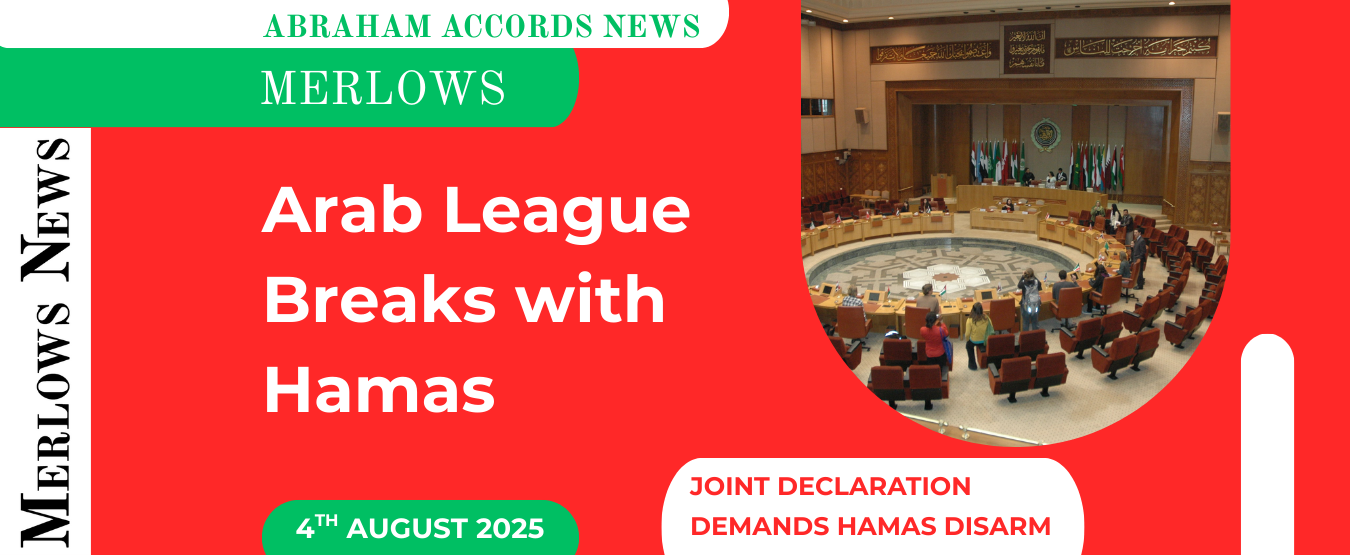In late July 2025, the unthinkable happened: the Arab League, joined by Qatar, Saudi Arabia, Egypt, and the European Union, issued a joint declaration demanding Hamas disarm and relinquish control of Gaza to the Palestinian Authority under UN supervision.
This is no routine diplomatic statement. For decades, Arab capitals—especially Doha—have provided political cover, financial aid, and, in some cases, logistical support to Hamas.
Now, the tone has shifted dramatically.
Why Now?
The answer lies partly in the fallout from the June Iran-Israel war. With Iran’s regional clout diminished, its proxies—Hamas included—look less like resistance movements and more like liabilities.
Gulf leaders increasingly view Hamas as an obstacle to both regional stability and their own normalization ambitions with Israel.
Qatar’s shift is especially significant. Once Hamas’s most vocal patron, Doha is now positioning itself as a mediator rather than a backer. Saudi Arabia’s participation signals that even the Kingdom’s public alignment with the Palestinian cause has limits when it comes to violent Islamist factions.
The Gaza Factor
For any expansion of the Abraham Accords to be politically sustainable, the Gaza question must be addressed. An endless cycle of conflict undermines the stability that trade and cooperation require. The joint Arab-EU declaration reframes the issue: Gaza’s rehabilitation is now tied to demilitarization and governance reform.
For Israel, this alignment is an opening. It allows Jerusalem to coordinate with Arab partners on a security-led reconstruction plan for Gaza, sidestepping direct negotiations with Hamas.
Risks and Resistance
Hamas has predictably rejected the declaration, framing it as betrayal. There is a risk that, feeling abandoned, Hamas could escalate violence to reassert relevance.
Yet the regional tide is turning, and without Arab political and financial backing, Hamas’s capacity to sustain conflict will diminish over time.
Toward a New Consensus
This moment marks the potential birth of a new Arab consensus: that the Palestinian cause is best advanced through state-building and diplomacy, not perpetual resistance. For MERLOWS.com, it is another example of peace through strength and trade reshaping the region’s political map.







Share this: